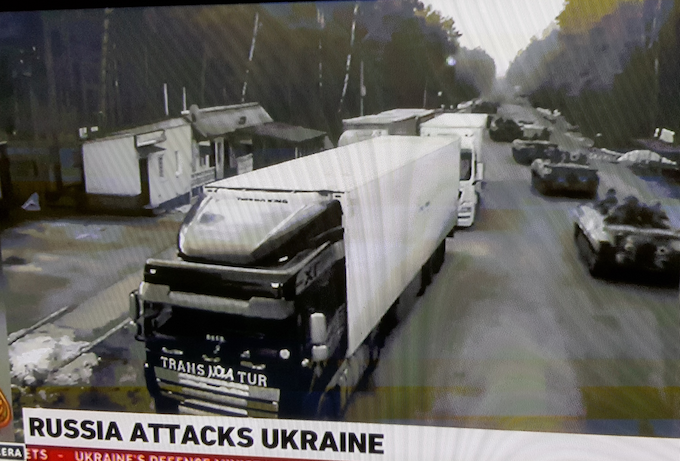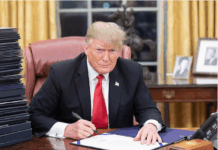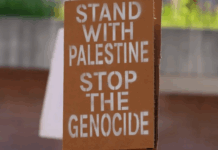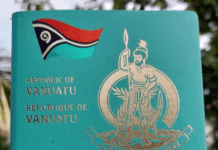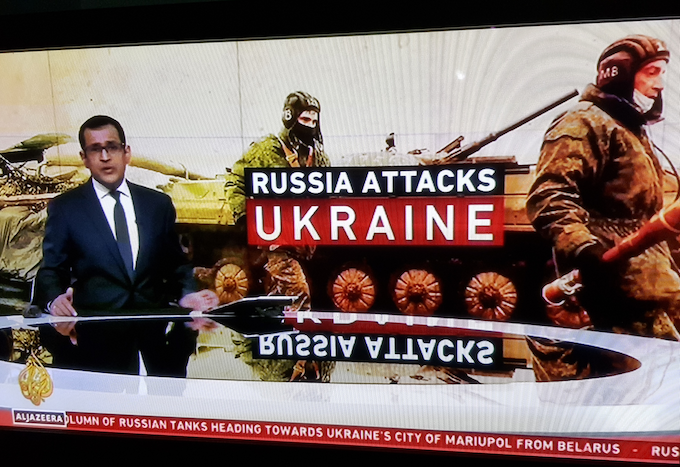
In response to Russia’s invasion of Ukraine, New Zealand’s government is implementing a range of measures, including a travel ban on Russian officials and limiting diplomatic engagements.
Earlier today, Foreign Minister Nanaia Mahuta condemned Russia’s actions and said she would provide another update later.
An adviser to Ukraine’s president said about 40 people had been killed so far amid Russia’s invasion with multiple air, land and sea attacks, according to Al Jazeera.
- READ MORE: Russia-Ukraine live news: Moscow launches full-scale invasion
- Russia invades Ukraine in Europe’s ‘darkest hours’ since World War II
- Selwyn Manning and Dr Paul Buchanan on Russia, Ukraine and global bipolarity
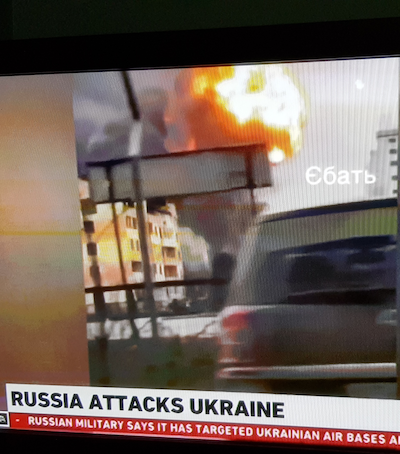
Oleksii Arestovich, President Volodymyr Zelenskyy’s aide, also said that several dozen people had been wounded. He did not specify whether the casualties included civilians.
In a statement after 10.30pm, Mahuta and Prime Minister Jacinda Ardern released a joint statement once again condemning Russia and calling on the country to cease its military operations in Ukraine.
“This is an unprovoked and unnecessary attack by Russia,” Ardern said. “By choosing to pursue this entirely avoidable path, an unthinkable number of innocent lives could be lost because of Russia’s decision.
“We call on Russia to do what is right and immediately cease military operations in Ukraine, and permanently withdraw to avoid a catastrophic and pointless loss of innocent life.”
International efforts disregarded
Mahuta said Russia had disregarded consistent international efforts for a diplomatic de-escalation of the Ukraine crisis and “they must now face the consequences of their decision to invade”.
New Zealand will introduce targeted a travel ban against Russian government officials and other individuals associated with the Russian invasion of Ukraine, prohibit the export of goods to Russian military and security forces, and suspend bilateral foreign ministry engagement until further notice.
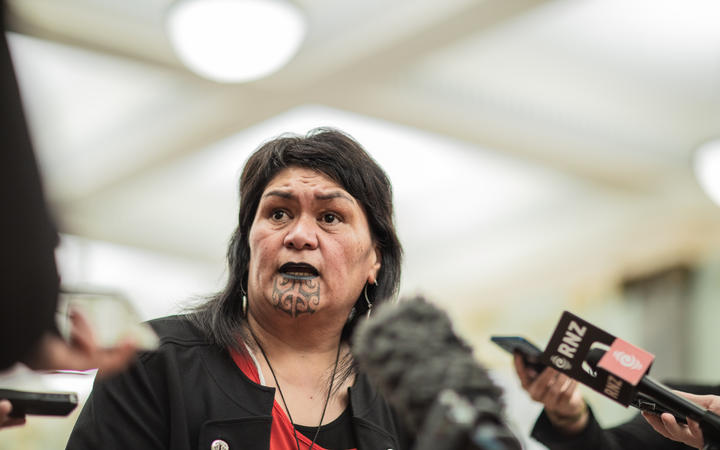
The travel ban will stop intended individuals from obtaining visas to enter or transit New Zealand.
The government said while exports from New Zealand under the now-prohibited category were extremely limited, a blanket ban removed the ability for exporters to apply for a permit, and sent a clear signal of support to Ukraine.
“Officials have been engaging with affected businesses about the possible economic and trade impacts a military conflict could have on them. Russia is our 27th largest export market, with dairy accounting for about of half of those exports,” Mahuta said.
“In applying these measures, New Zealand joins other members of the international community, in responding to this breach of Ukraine’s territorial integrity and sovereignty.”
The new sanctions are in addition to existing bans put in place following Russia’s 2014 annexation of Crimea.
Mahuta said she had also asked officials to give advice on how New Zealand could contribute to possible humanitarian response options, given “serious concerns” about the military conflict.
She said her “thoughts today are with the people in Ukraine impacted by this conflict”.
This article is republished under a community partnership agreement with RNZ.
